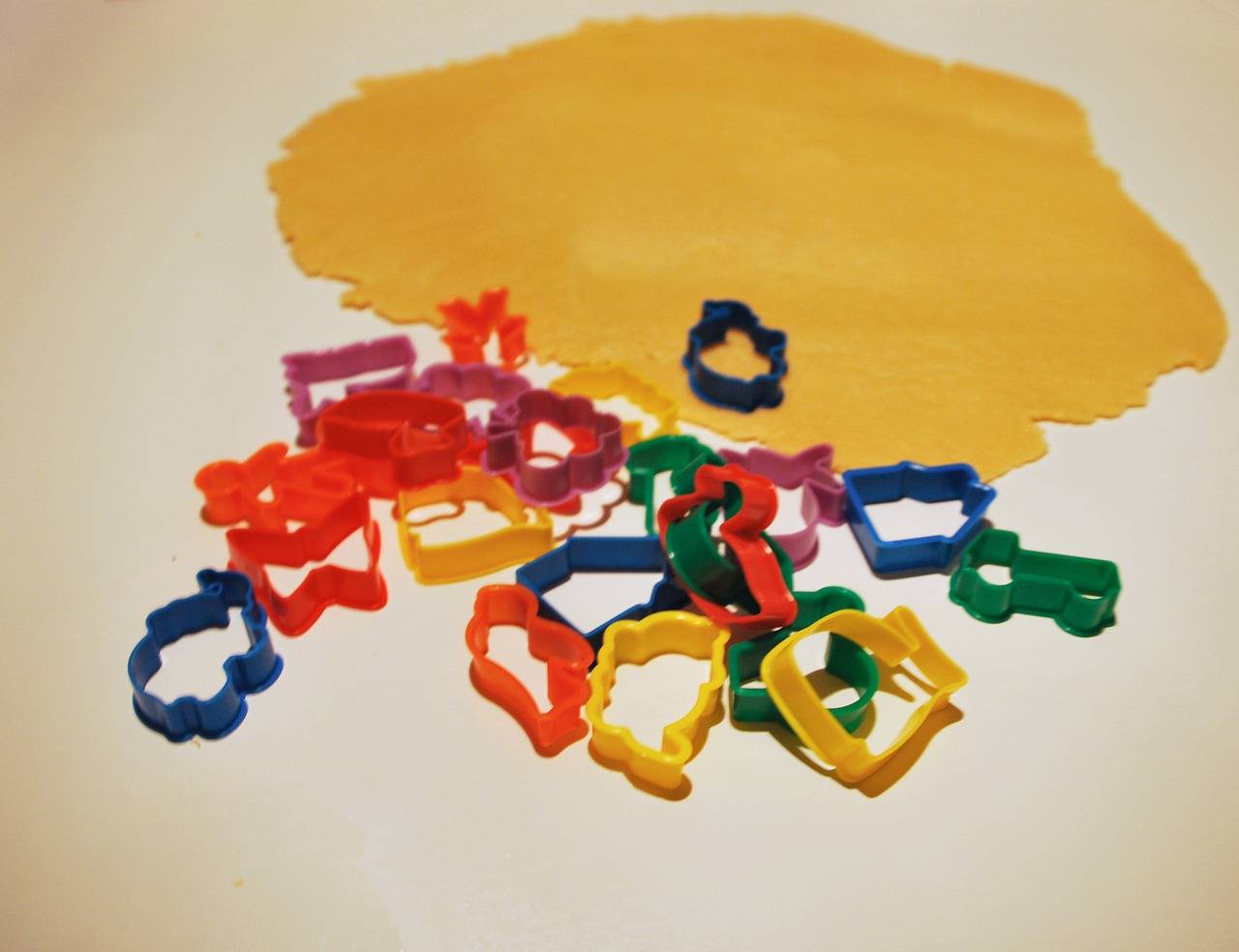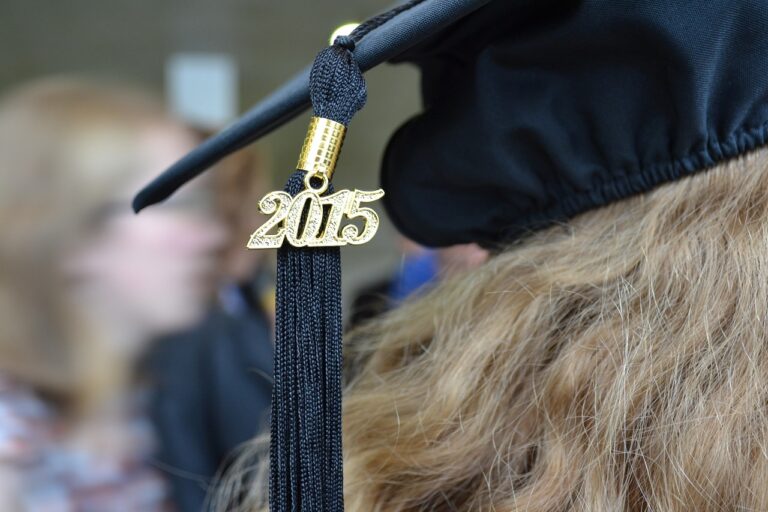Exploring the Role of Montessori Education
Maria Montessori, an Italian physician, and educator, founded the Montessori method of education during the early 20th century. Her innovative approach was initially developed while working with children in an institution for individuals with intellectual disabilities. Montessori’s observations of these children led her to create a unique educational philosophy centered on promoting independence, self-directed learning, and hands-on experiences.
Montessori’s belief in respecting the individual needs and abilities of each child laid the foundation for a student-centered approach to education. She emphasized the importance of creating an environment that fosters exploration and discovery, allowing children to learn at their own pace and follow their interests. This shift from traditional teacher-centered instruction to a more child-focused methodology revolutionized the field of education and continues to inspire educators worldwide.
Key Principles of Montessori Philosophy
Montessori philosophy emphasizes the importance of fostering a child’s natural curiosity and independence. This principle is reflected in the design of Montessori classrooms, where children have the freedom to choose their activities and work at their own pace. The role of the teacher is to guide and support, rather than direct, the learning process.
Another key principle of Montessori philosophy is the focus on hands-on learning and concrete experiences. Children learn best through direct interaction with their environment, using specially designed materials that are scientifically based and age-appropriate. These materials allow children to engage all their senses and develop a deeper understanding of concepts through exploration and experimentation.
What are the origins of Montessori education?
Montessori education was developed by Dr. Maria Montessori in the early 20th century. It is based on her observations of children and her belief in their natural ability to learn and develop.
What are the key principles of Montessori philosophy?
The key principles of Montessori philosophy include respect for the child, the importance of independent learning, the use of hands-on materials, and the focus on the whole child – including their physical, social, emotional, and cognitive development.





